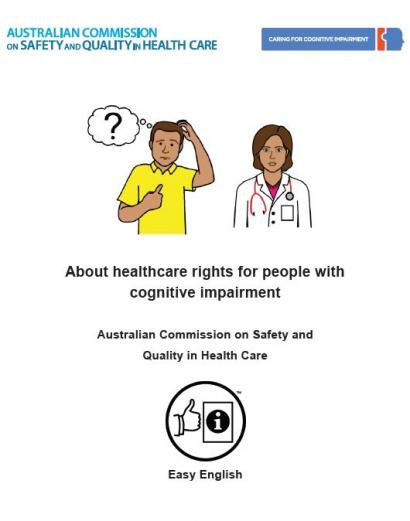Missed a recent webinar? Want to review the content from a past session? Check out the Program Series Webinar archives for recordings of past events. Access to the archives is free and a great way to review session tips or check out webinars that you have missed.

